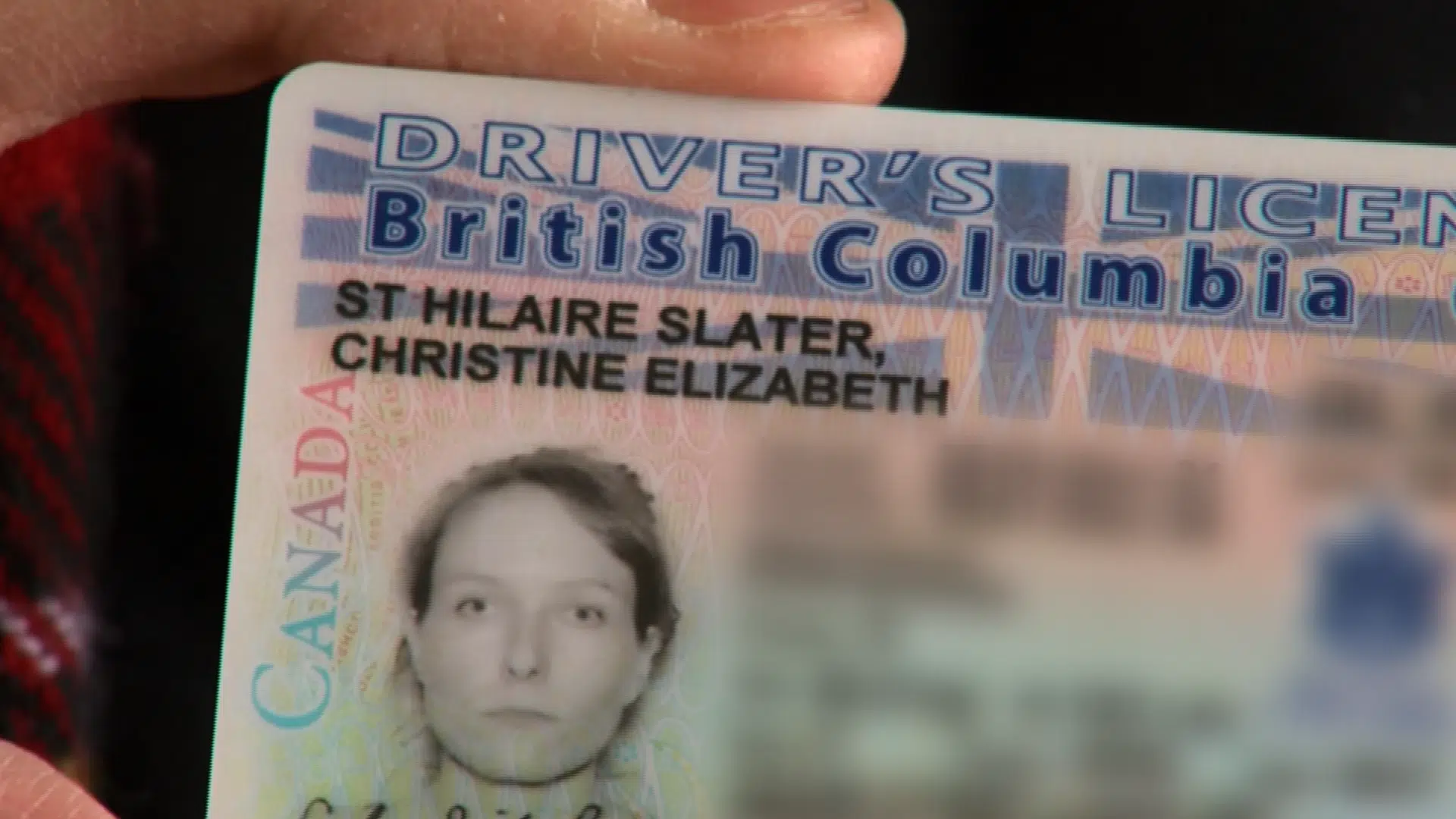
Hyphenated Last Names Causing Trouble For BC Residents
Your last name is an important part of your identity. It tells others who you are, where you’re from, and who you’re related to. Recently, the option to take both last names after marriage has become more common, but the BC Name Act hasn’t been updated to accommodate the growing trend. Under BC law, couples who choose to hyphenate or combine last names after marriage must apply and pay to legally change their names. That means birth certificates and marriage licenses are re-issued with the new combined names and the originals are destroyed.
A Prince George woman is speaking out against the Provincial Government after she says she was never told about the law when she got married eight years ago. “I had been with my maiden name for about 35 years and it’s really tough when you have your whole life in that name,” said Christine St. Hilaire Slater, “I added my husbands name because that seemed to be the easiest thing.” She has never undergone a legal name change but is being told she has to before she can receive a new BC Services Card. “I have a drivers license in this name, I have a federal passport in this name, I was bewildered.” St. Hilaire Slater added she doesn’t want to undergo a name change because she doesn’t want to lose her original birth certificate or marriage license, and she doesn’t want to pay to use the name she’s been using for eight years. To apply for a legal name change is $137, fingerprinting and a criminal record check must also be done for $25 plus local service fees. The cost of a new marriage license and birth certificate is another additional cost.
A Ministry of Health spokesperson said a legal name change is only required for the combined driver’s license and service card, but not for a separate, non-photo service card. They said the ministry will be looking at the Name Act in the near future to make sure it aligns with the needs of British Columbians today.
